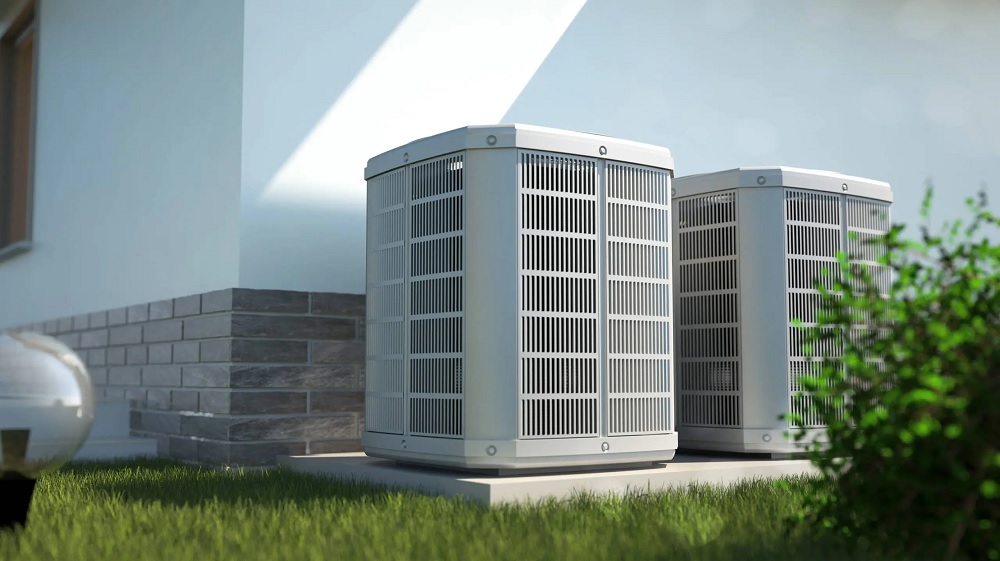HVAC(Heating, Ventilation, and Air conditioning) system coordinates the regulation of the temperature inside your home. So HVAC service covers construction, regular checkups on your HVAC system, and repairing them if required. Moreover, to maintain this System, HVAC service providers routinely change the belts and filters and grease the bearings. HVAC troubleshooting increases the efficiency of the System. A licensed and expert techairservice.com should repair your HVAC system. Keep reading to learn some shared features of an HVAC system.
Essential Features Of A Good HVAC System
· System Size
An HVAC system that is not large enough for your home size will not be able to supply temperature adequately. However, the System will run and consume energy, but it will not make your home cold or heat. Therefore, it will affect the System’s life expectancy in the long run. At the same time, a too large a system is also ineffective because the temperature cannot circulate properly in small areas.
· High Seer Rating
A sound HVAC system should have a proper SEER(Seasonal Energy Efficiency Ratio) rating. An energy-efficient HVAC system will save your bills, poor performance, and costly repairs.
So the SEER rating indicates the proportion of cooling ability for a specific season to the consumed energy during that period. According to SEER, the rating should be high during the hot weather, somewhere around 18.
Therefore review the SEER rating of your HVAC system to receive the most energy consumption unit on the electricity bill.
· System Placement
An appropriate position for the indoor and outdoor units is also vital. It becomes easy to repair and examine the indoor unit installed at floor level. The same goes for the outside unit, place the System at the proper height so expert can routinely check it.
· Filter Dryer
Installing a filter dryer can improve the efficiency f the HVAC system. Filter Dryer helps eliminate the compressor’s dirt, grit, and moisture.
· Variable Compressor
Compressors are of three types. A single stage can be either on or off, whereas a dual stage runs at low or high speed. A variable compressor has various stages of speed. As a result, you can adjust the speed according to the weather. You can maintain consistency in the temperature with the variable speed compressor.
Finale Takeaway
Modern HVAC systems have many advanced features that make your home’s temperature more efficient and have lower power bills. Once installed this System you need yearly maintenance and service.



